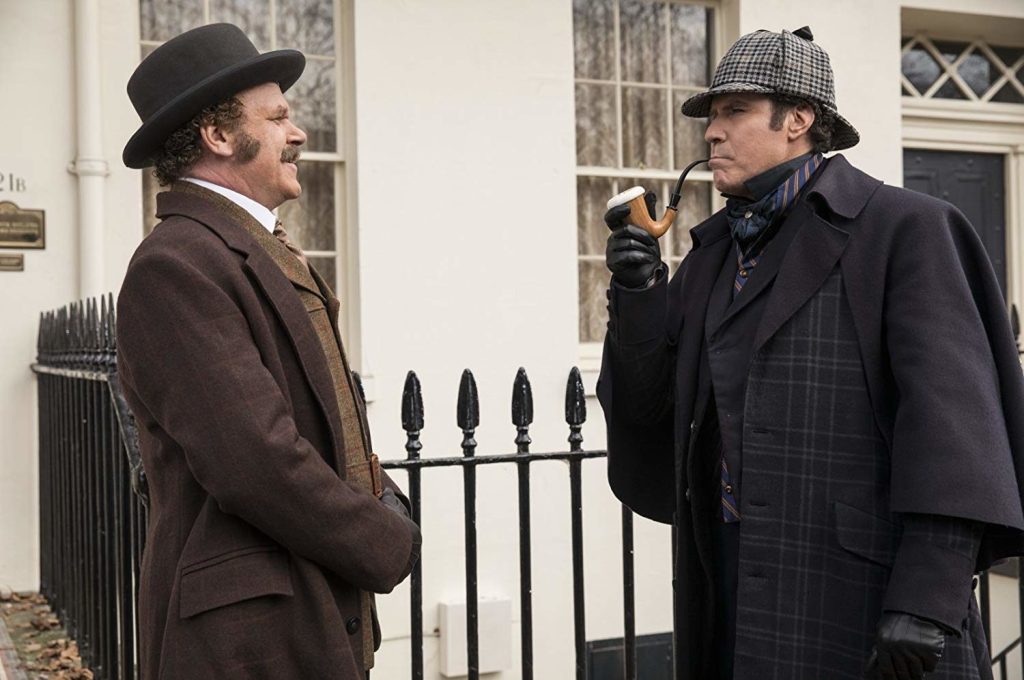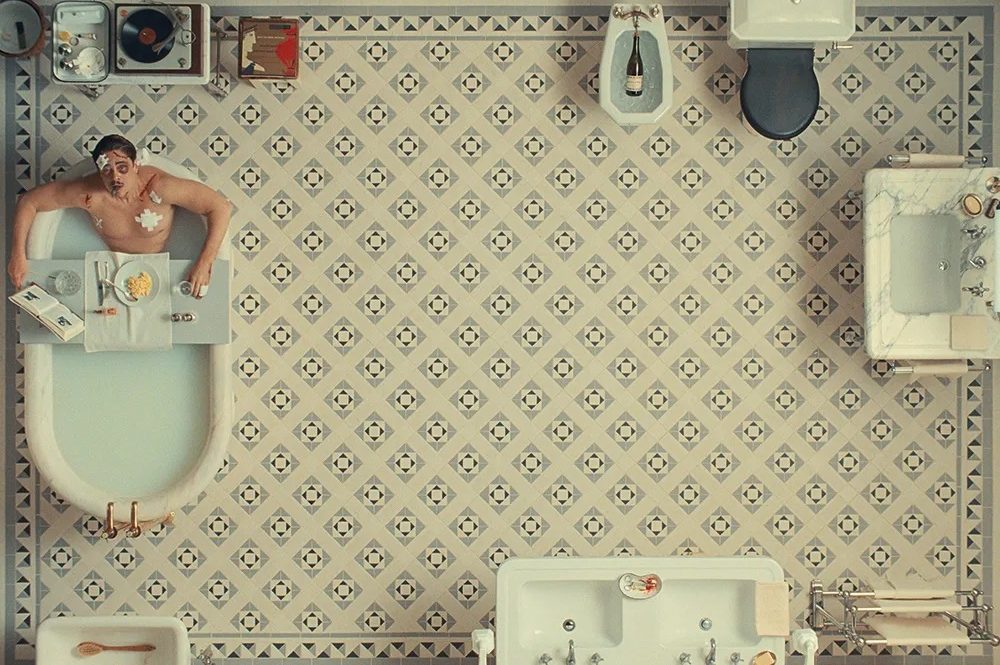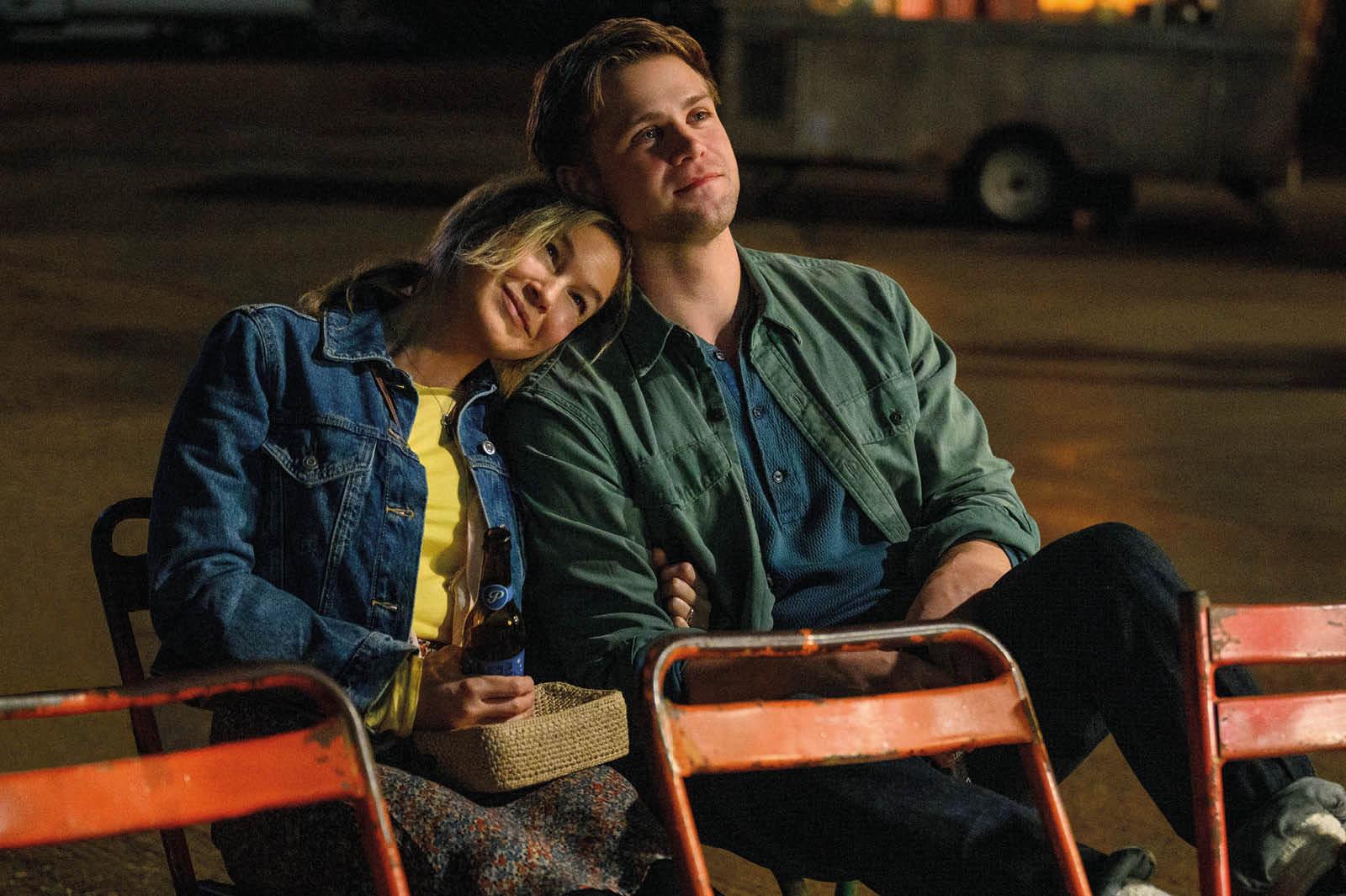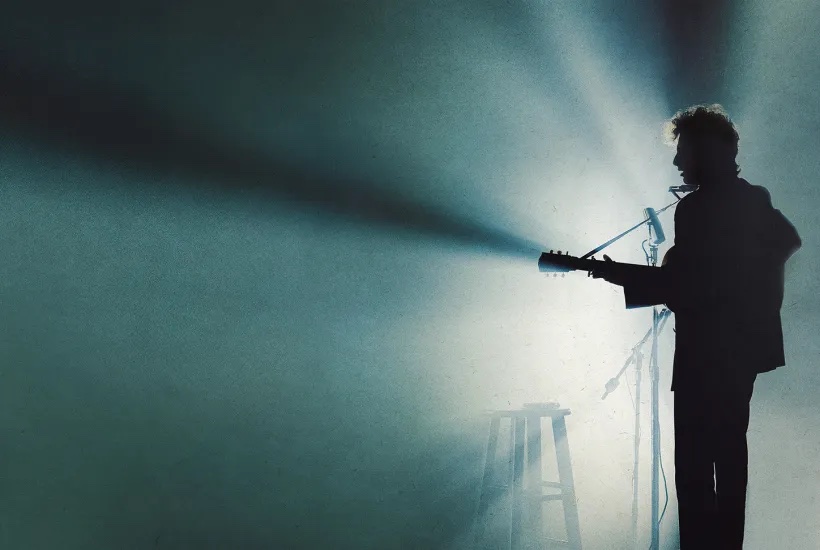Don’t believe the critics. Don’t believe the score on Rotten Tomatoes, which has risen to 7 percent as of today. And don’t believe the fake news about mass walk-outs either. Holmes & Watson is the funniest film I’ve seen in 2018, and if I saw it next week, it would probably be the funniest film of 2019. Will Ferrell is the best Sherlock Holmes since Jeremy Brett, whose high-camp Holmes was always halfway toward hilarity, and John C. Reilly, a rubber-faced release of repressed love and resentment, is the best Watson ever.
221b or not? If you like slapstick, spoofs and quickfire idiocy, if you cherish the memory of Peter Sellers as Inspector Clouseau, if you feel that taking Benedict Cumberbatch’s Holmes seriously is too much to ask, and if you feel that Robert Downey Jr’s violation of the Holmesian canon deserves total mockery, then you will love Holmes & Watson. This is a masterpiece of extended infantilism, and that, when you consider how many unfunny crude comedies are made, makes it a masterpiece of sophisticated foolishness.
‘The target audience for this movie,’ wrote Dana Schwartz in Entertainment Weekly, ‘is someone who knows that masturbation was seen as the cause of numerous physical maladies in the Victorian era, and also thinks Will Ferrell peeing his pants is hilarious.’ Count me in. These are the footprints of a gigantic joke.
In the Saturday night screening I saw, people herniated with laughter when a drunken Holmes, attempting to urinate against a wall, visualizes the angle of micturition in the style of Benedict Cumberbatch’s physics demonstrations. Holmes calculates how to avoid splashback onto his shoes, and assesses the rate at which his bladder is emptying, but forgets to undo the buttons of his fly.
‘Holmes & Watson is one of those movies that goes beyond unfunny and into a comedy-cubist zone, where jokes are no longer recognizable and laughter is philosophically impossible,’ wrote Rafer Guzman of Newsday.
As Dr.Johnson, kicking a rock to disprove Bishop Berkeley’s theory of existence, said, ‘I refute you thus!’ Suspecting a critical fit-up, I counted how many laughs there were in the opening 10 minutes. I gave up counting after 10. And no, I wasn’t the only person laughing. People chuckled all the way through. How can you not, when Holmes swats a mosquito on Watson’s forehead with a cricket bat, and Watson concusses Queen Victoria with a wooden box camera while inventing the selfie?
I’m not a Ferrell fan, but Holmes & Watson is less indulgent of his man-child act than Old School or Talladega Nights. And John C. Reilly is the funniest comedian in American film. His slapstick is perfect when Holmes slips a poisonous extract of Black Orchid into his tea, producing symptoms of violent delusion, spontaneous mime artistry and lactation. Watson is Holmes’s straight man, and ever since Nigel Bruce he’s been a pompous blunderer. But no Watson ever kept his face straight and his pomposity so inflated as Reilly when he leans over a dying criminal and intones, ‘These are the wages of wanking.’
The plot is no less daft than some of Conan Doyle’s stories. The diabolical Moriarty (Ralph Fiennes) wants to murder Queen Victoria (Pam Ferris). Holmes is summoned to Buckingham Palace for what turns out to be a surprise party. A giant cake is wheeled in, but when Holmes and Watson cut it with a Beefeater’s pike, out tumbles the body of a naked dead man.
‘A fantastic new case,’ Holmes tells Watson. ‘I’m aroused both mentally and physically.’ Pairing up with Dr Grace Hart of Boston (Rebecca Hall) and her idiot patient (Lauren Lapkus), the great detective and his frustrated sidekick dive into Victorian London. They battle a one-armed Cockney tattooist (Steve Coogan) in a boxing club which offers Soulcycle on penny farthings and protein shakes made of chicken, consult in clubland with Sherlock Holmes’s smarter brother Mycroft (Hugh Laurie), track down a bomb to the engine room of the Titanic, and ingest large amounts of cocaine.
None of this is any sillier than Conan Doyle’s second Holmes and Watson novel, The Sign of Four (1890), which opens with Watson warning Holmes about the effects of a three-day cocaine jag, and features a peg-legged criminal and a midget assassin. The team who made Holmes & Watson are never going to be allowed to join the Diogenes Club, where Mycroft and the really clever chaps go, but their gags and absurdities are infinitely preferable to the sci-fi seriousness of the Cumberbatch Sherlock Holmes. Holmes always was silly, and this variation isn’t even the first to mock the great detective with mime. The first cinema spoof, with Douglas Fairbanks as Coke Enneday, was a silent movie made in 1916, when Conan Doyle was still alive, though more concerned with proving the existence of fairies.
The critical ridicule surrounding the release of Holmes & Watson means that it’s likely to have only a short run before disappearing online. See it while you can. Holmes’s vomiting fit in the morgue, and the scene where Watson gets stuck inside a diving helmet with a swarm of killer bees, are much funnier on the big screen. Elementary, my dear critics.
Dominic Green is Life & Arts Editor of Spectator USA.

























